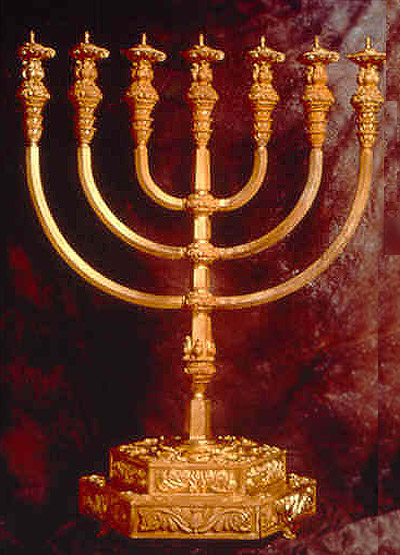Samain Bare Aspen Moon

Hanukkah begins tonight. I got a Hanukkah greeting from India where a mussar friend teaches English five months or so years to Buddhist nuns and monks. We’ll be celebrating with the grandkids and Jon at his house this coming Sunday and at Beth Evergreen this Friday. Kate has a large lit menorah that we put in our window and we say the blessing each night and light the candles.
Like the Christian festival of the incarnation, Christmas, the meaning of this holiday often gets obscured in gifts and parties, but both have taken on a similar characteristic more related to their month of observance than their specific religious meaning: lights. Hanukkah is the light in the darkness approaching the Winter Solstice as is Christmas, Diwali and shortly after, Kwanzaa.
In the case of Hanukkah the lights are integral to the holiday itself, a celebration of the miracle in the liberated Second Temple when a small cruse of olive oil, only enough for one night, lit the Temple menorah for eight nights. The original menorah described in the Torah was made of gold, had seven lampstands and stood, according to oral tradition, 5.3 feet high, 18 hand breadths. It, along with many other ritual implements, has been recreated by the Temple Institute, the specifications in the Torah and the oral tradition.

Tradition states that a menorah of seven lamps should not be used outside the Temple, so the Hanukkah menorah has nine lamps, four on each side, eight total to symbolize the miracle from the restoration of the Second Temple, and a shamash, or servant lamp, which is used to light the others.
The holiday memorializes the victory of the Maccabees, Jewish freedom fighters, over the Seleucid emperor, Antiochus IV, known as Epiphanes.
